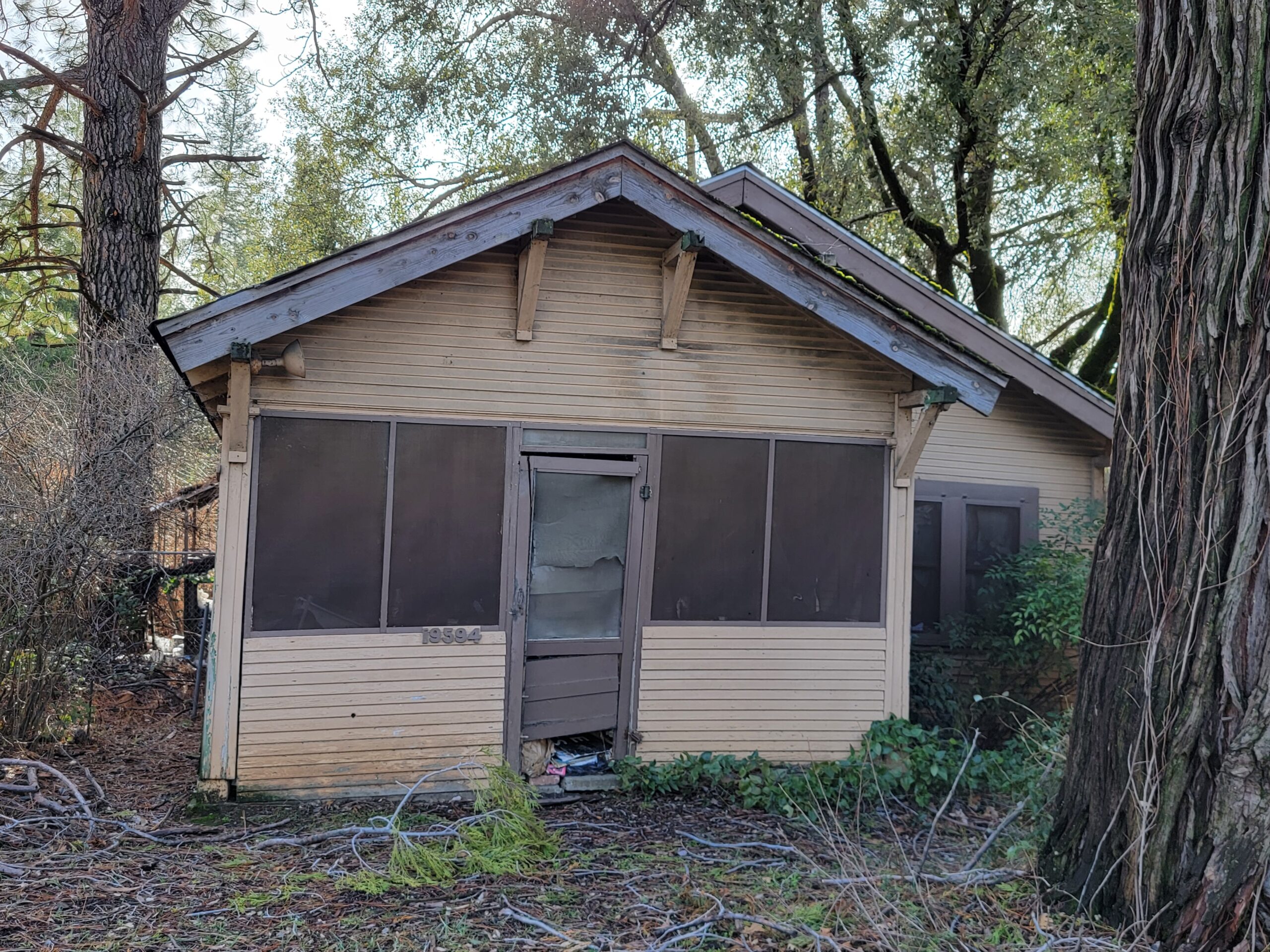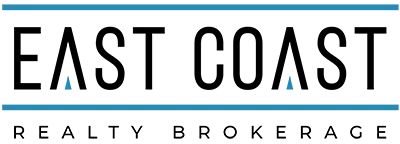
Introduction
When it comes to buying a home, the real estate market offers a wide range of options. One of the most intriguing choices for prospective homeowners is the fixer-upper. These properties often come at a lower price point but require extensive renovation and repairs. While the idea of transforming a run-down house into your dream home can be exciting, it’s essential to consider the pros and cons before making this commitment. In this blog, we’ll explore both the advantages and disadvantages of buying a fixer-upper.
Pros of Buying a Fixer-Upper
- Lower Purchase Price
One of the most significant advantages of buying a fixer-upper is the lower initial cost. Fixer-uppers are typically priced below market value due to their condition. This can be a great opportunity for budget-conscious buyers to get into the housing market, potentially in a neighborhood they couldn’t afford otherwise.
- Customization and Creativity
With a fixer-upper, you have the chance to create a home that perfectly suits your vision. You can choose the paint colors, materials, fixtures, and layout, allowing for a highly customized living space. Your home can become a reflection of your style and personality.
- Potential for Appreciation
While you invest money and effort into renovations, you can increase the property’s value. Over time, the appreciation of your home can surpass the total cost of renovation, potentially leading to a profit when you decide to sell.
- Learning Experience
Buying a fixer-upper can be an excellent learning experience for those interested in home improvement. It’s an opportunity to gain knowledge about construction, home maintenance, and DIY projects. You may discover a new passion or develop valuable skills along the way.
- Investment Opportunities
Fixer-uppers are often considered good investments. If you have the time, skills, and resources to upgrade the property, you can potentially earn rental income or sell the property for a higher price in the future. Real estate can be a long-term wealth-building asset.
Cons of Buying a Fixer-Upper
- Hidden Costs
While fixer-uppers come with a lower purchase price, the renovation costs can quickly add up. Many unexpected expenses may arise as you begin the work. Issues such as structural damage, electrical problems, or plumbing issues can lead to budget overruns.
- Time-Consuming
Renovating a fixer-upper is a time-consuming endeavor. You’ll need to manage contractors, oversee the work, and possibly invest months or even years into the project. This can be especially challenging if you have a busy schedule or need to live in the property during renovations.
- Stress and Uncertainty
Dealing with a fixer-upper can be stressful, as unexpected issues can create uncertainty and delays. Additionally, the renovation process can disrupt your daily life and cause frustration if things don’t go as planned.
- Financing Challenges
Getting a mortgage for a fixer-upper can be more challenging than buying a move-in-ready home. Lenders may have stricter requirements, and you might need a specialized renovation loan. These loans can come with higher interest rates and additional fees.
- Energy and Commitment
Renovating a fixer-upper requires a significant commitment of time, energy, and effort. If you lack experience or a strong support network, the process can become overwhelming. It’s crucial to be prepared for the physical and emotional demands of the project.
- Risk of Over-Improvement
In the quest to create your dream home, you may end up over-improving the property for the neighborhood. Spending too much on renovations can make it challenging to recoup your investment when you eventually sell the house.
Tips for Buying a Fixer-Upper
If you’re still interested in purchasing a fixer-upper, consider the following tips:
- Create a Detailed Budget: Before you start, establish a comprehensive budget that accounts for renovation costs, contingency funds, and potential surprises.
- Prioritize Projects: Identify the essential renovations that add the most value to your property and focus on them first.
- Get Professional Inspections: Hire experienced inspectors to assess the property for any hidden issues before you commit to the purchase.
- Hire Qualified Contractors: If you lack the necessary skills, it’s crucial to work with reputable contractors who can execute the renovations properly.
- Be Patient and Flexible: Expect delays and complications in the renovation process and be flexible in adapting to changes.
- Consider Your Resale Value: Be mindful of the improvements you make and how they align with the neighborhood’s property values.
Conclusion
Buying a fixer-upper can be a rewarding and cost-effective way to create your dream home or make a sound real estate investment. However, it’s essential to weigh the pros and cons carefully and be prepared for the challenges and uncertainties that come with renovating a distressed property. By conducting thorough research, planning meticulously, and enlisting the help of professionals, you can navigate the process successfully and potentially turn a neglected property into a valuable asset. Whether a fixer-upper is right for you ultimately depends on your personal goals, resources, and tolerance for risk.


